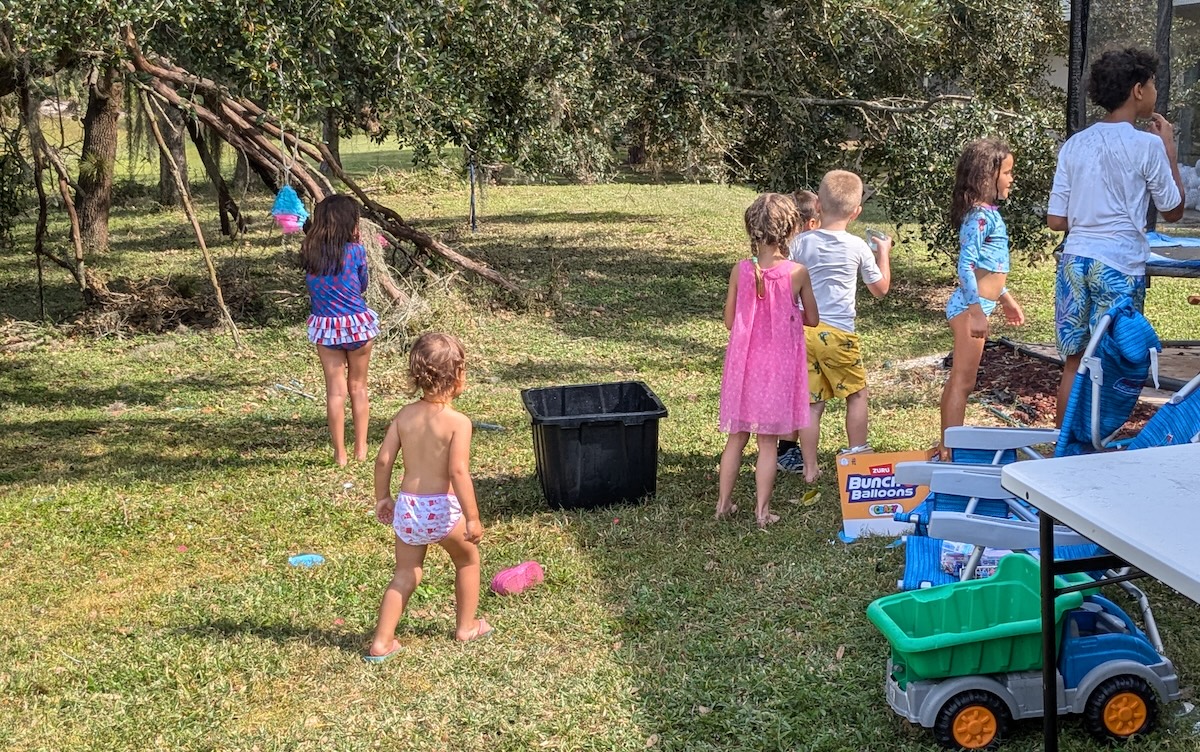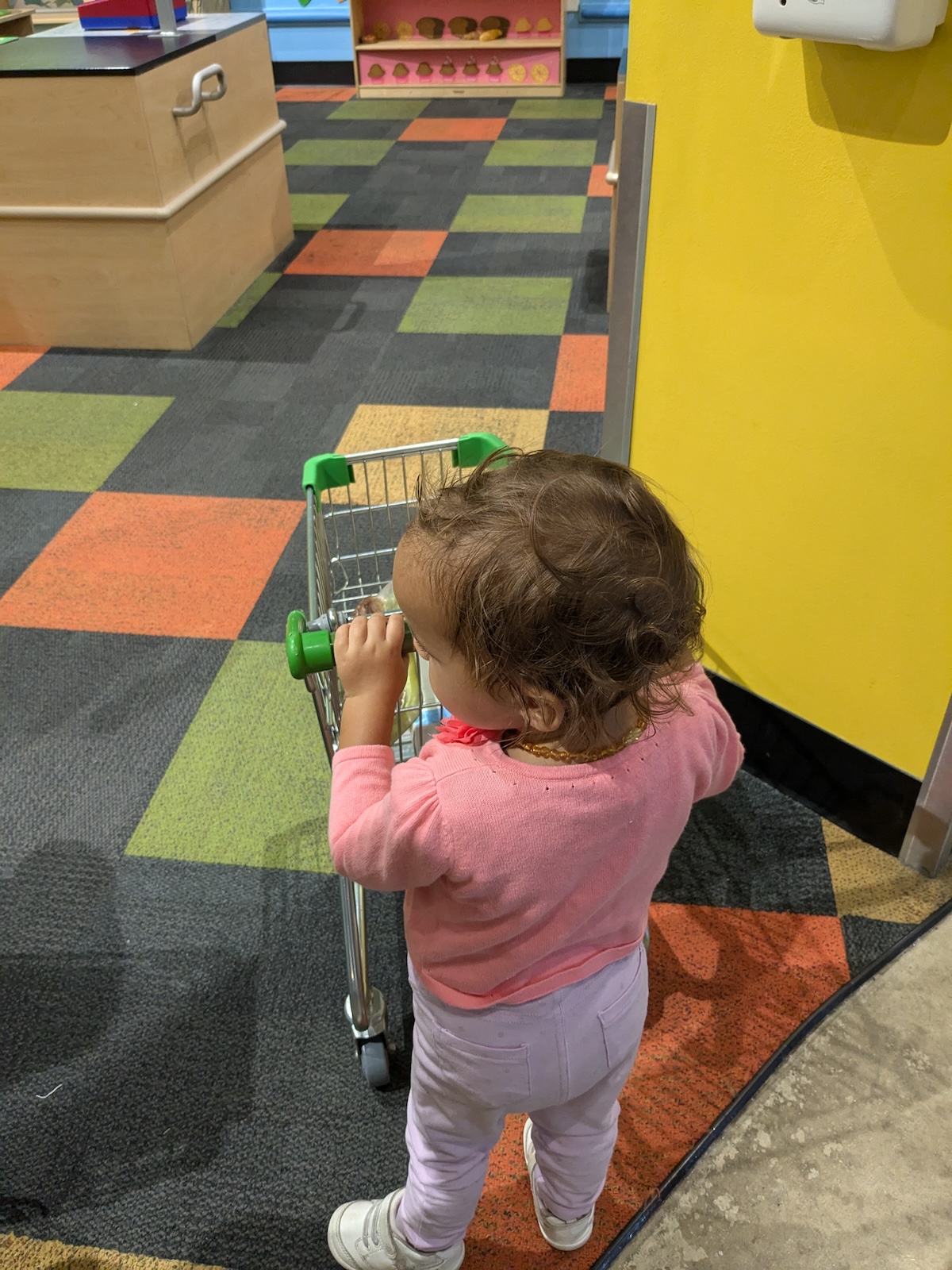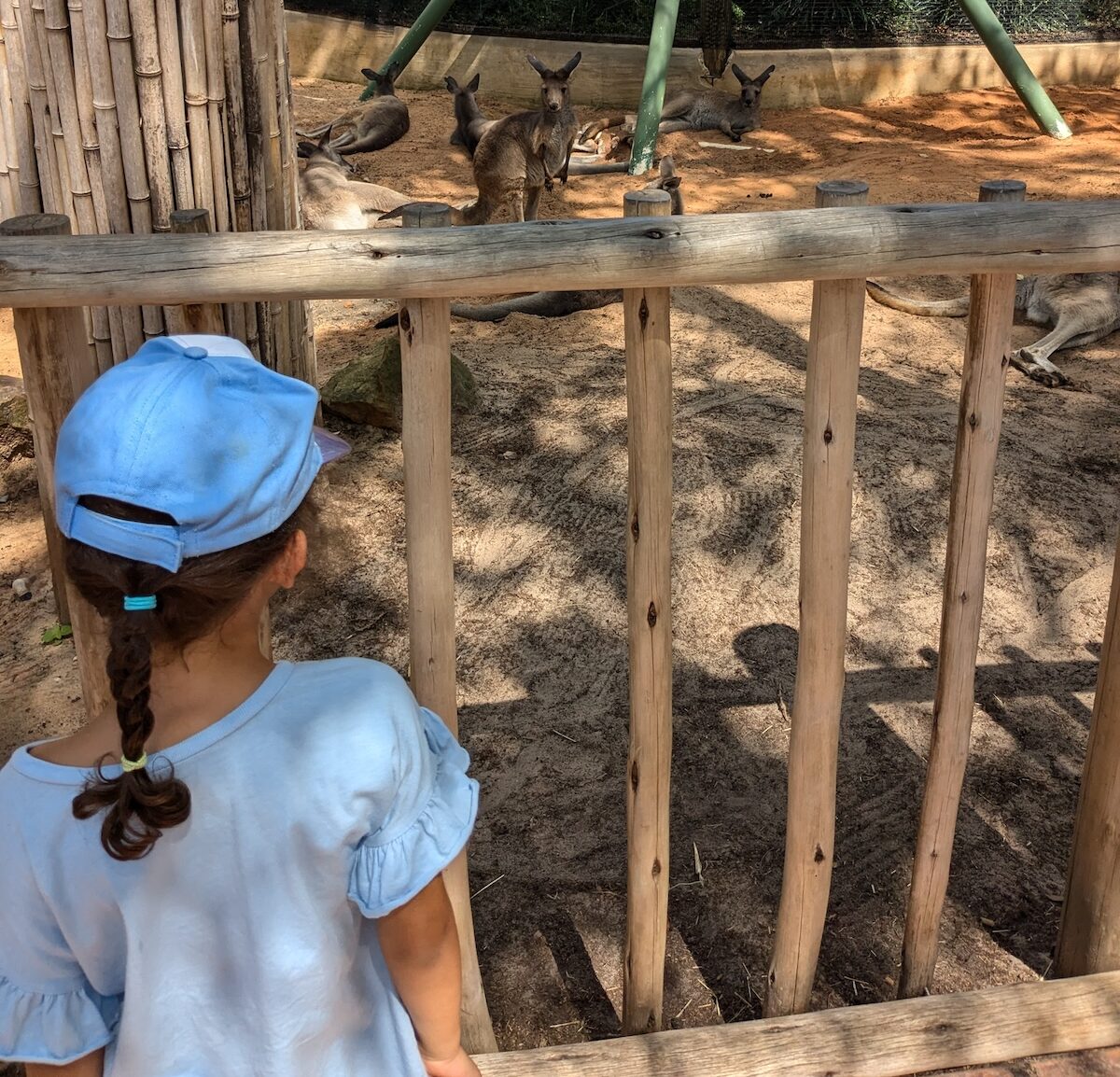I’ve mentioned before that our family has a different approach to rewards. Unlike many households, we don’t give rewards for regular chores or hand out weekly allowances. The allowance that our children get at home is food, shelter, clothing, education, some toys, and lots of love—everything else needs to be earned or appreciated as extra. Instead of routine payments, our kids only receive rewards for going above and beyond their normal responsibilities.
Natural Rewards vs. Money Motivation
Here’s our philosophy: cleaning your room or organizing clothes shouldn’t come with a price tag. The real reward is experiencing the benefits of an organized space and developing good habits. When everything is in its place, life just works better.
Take teeth brushing, for example. We don’t offer monetary rewards or prizes for basic hygiene. Instead, we help our kids understand that taking care of their teeth prevents cavities and painful dentist visits. Plus, having a healthy smile feels great! This approach helps them connect their actions with natural consequences, both good and bad.

Understanding Different Types of Motivation
There are two main ways people get motivated to do things:
External Motivation or Extrinsic (Traditional Allowance Style)
- Only cleaning up when money is offered
- Brushing teeth to earn points or prizes
- Helping with household tasks just to get paid
- Usually stopping helpful behaviors when rewards end
- Constantly seeking approval from others
Internal Motivation or Intrinsic (Our Family’s Approach)
- Keeping spaces clean because it feels better
- Taking care of health for long-term benefits
- Contributing to family life because we’re a team
- Maintaining good habits without needing rewards
- Feeling personal satisfaction from doing the right thing

The Science Behind Our Approach
Our philosophy is not based solely on personal experience; it is supported by research. According to a BBC study on childhood motivation, children are naturally curious and interested in exploring their environment from toddlerhood. It’s only later that they learn to perform tasks specifically for rewards or to avoid punishment.
This natural curiosity is what experts call intrinsic motivation, and it starts appearing very early in life. “Children are proactive. They are curious by nature,” explains Professor Frédéric Guay, an expert in motivation at Laval University. The challenge for parents isn’t creating motivation; it’s preserving the natural motivation our kids already have.
This research supports our approach with Yuna and Lina. When we avoid turning basic responsibilities into transactional exchanges, we’re actually protecting their natural desire to learn and contribute. Think about how a toddler wants to help with everything, from folding laundry to mixing ingredients while cooking. Their helping spirit comes from a genuine desire to participate and contribute, not from wanting rewards.
Avoiding the Entitlement Trap
When kids receive regular money just for existing, they might start expecting rewards for everything they do. We want our children to understand that money comes from effort and work, not from an automatic weekly payment.
Think about it: when was the last time your boss gave you a bonus for showing up to work with clean clothes and brushed teeth? These are basic expectations of life, not special achievements deserving payment. Yet many families unknowingly create this exact expectation in their children through traditional allowance systems.
Starting Young: Our Current Approach
With Yuna (6) and Lina (almost 2), we’re at the perfect stage to build a strong foundation. While basic responsibilities like keeping their room tidy or cleaning up after themselves don’t earn rewards, we do have a simple system for extra contributions. For instance, when Yuna helps with bigger tasks like gardening or special kitchen projects, she can earn stickers worth 25 cents each. This system helps teach the value of going above and beyond while still maintaining our core principle that basic responsibilities are just part of being in a family.
Our current approach focuses on building positive habits through everyday moments. Rather than offering material rewards, we make a point to recognize and praise their efforts when they help or show responsibility. We’ve found that making household contributions fun and engaging helps them see helping out as a positive experience rather than a chore. When they show kindness or take initiative with their responsibilities, we celebrate these moments, helping them connect good actions with positive feelings.

Smart Ways to Teach Money Lessons to Young Kids
Instead of traditional allowance, we focus on making responsibility a natural part of daily life. One effective strategy is turning cleanup into family challenge time. We put on music, make it fun, and work together toward simple goals they can achieve. This approach helps them see that work doesn’t have to be boring or something we do just for money.
We also make a point to highlight the natural benefits of their actions. When they keep their room tidy, we talk about how much easier it is to find their favorite toys. When they help others, we discuss how good it feels to be helpful. These conversations help them connect their actions with real-world positive outcomes.
Building basic money awareness happens naturally through everyday activities. We practice counting with coins, talk about saving money for special things, and include them in discussions about making careful spending choices. This lays the groundwork for more complex financial lessons as they grow older.
The Reality Check: We’re Not Perfect Parents
Let me be real with you for a moment: while our philosophy on allowance and rewards is clear, daily implementation isn’t always picture-perfect. Positive reinforcement still plays a crucial role in our parenting, especially with little ones. Take Lina, for instance. When she asks to go potty instead of having an accident on the floor, you better believe we celebrate that win! These moments of encouragement help build confidence and reinforce good habits, even if they don’t come with monetary rewards.
But let’s get honest about the challenges too. There are plenty of times when Lina doesn’t want to clean up, and you know what? Sometimes we’re exhausted ourselves. In these moments, we might negotiate to leave some tasks for the next day. That’s okay! No parenting book or expert advice can fully prepare you for the daily reality of raising kids. We’re all learning and adapting as we go.
Think about it—isn’t this actually a better lesson for our kids than presenting a perfect, rigid system? They see us being realistic, flexible, and problem-solving in real-time. When we’re tired, we acknowledge it. When things don’t go as planned, we adjust. These are valuable life skills that go far beyond any structured reward system.

Beyond the Money: A Different Perspective
While our approach focuses on avoiding monetary rewards for basic responsibilities, we’re not alone in this thinking. Amanda Hamilton Roos, founder of the now defunct buildingthebridge.org, makes a compelling point about intrinsic motivation: “Letting a child work alongside you as you create your family life is a better motivation than sending them off to wash windows for a quarter” (as cited in “The Great Allowance Debate“). She notes that children will face plenty of external motivations throughout their lives—from grades to trophies—and home should be where they learn to do things well simply because they want to do their best.
When Lina helps sort laundry or Yuna assists with setting the table, they’re learning that family life isn’t a job; it’s a workshop for building character and understanding contribution.
Roos also raises an interesting point about young children and consumerism. When very young children receive money, she argues, they often spend it on “wants” created by commercials and product placement—essentially learning “Consumerism 101” rather than true financial literacy. This insight helps explain why we’re in no rush to introduce bigger monetary rewards while our girls are still so young. Instead, we’re focusing on building those foundational values of contribution and responsibility first.
Looking Ahead: How Our Approach Will Grow With Our Kids
While our current approach works well for Yuna (6) and Lina (almost 2), research shows that as children get older, they can actually benefit from a blend of internal and external motivation. Just as we adjust our parenting style for different ages, our approach to teaching financial responsibility will need to evolve too. Think of it like teaching a child to ride a bike—you start with training wheels, move to running alongside them, and eventually watch them ride independently.
For the elementary years, we plan to introduce basic money concepts through real-life projects, like helping calculate grocery savings. As they get to middle school age, we’ll expand into more complex territory: opening their first investment account, understanding interest, and maybe even running a small business like an egg stand from our homestead, selling fresh eggs to neighbors, or organizing a craft sale. The key is connecting these lessons to real-world experiences rather than making them abstract concepts.
By high school years, research shows that external rewards can effectively complement intrinsic motivation without undermining it. This is when we’ll introduce more substantial financial responsibilities—perhaps managing their own clothing budget or planning for bigger purchases or introductory investments. However, our core principle remains constant: while basic family contributions and responsibilities are expected without payment, we recognize and reward extra effort and initiative appropriately. As motivation expert Dr. Adam Tyner explains, “If an extrinsic motivator gets a student to learn, and learning is empowering, then the extrinsic motivator can indirectly empower students.”

Finding Your Family’s Path
Every family needs to discover their own way to teach these important lessons. What works in our house might need adjustments for your family. The key isn’t creating a perfect system of rewards and payments; it’s about building good character and understanding the value of contribution.
As our kids grow, we’ll naturally adapt our approach to match their development. But our core message will remain constant: we do the right thing because it’s right, not because there’s money involved. This foundation will hopefully help them develop into responsible, self-motivated adults who understand the true value of work and contribution.






[…] and developing good habits. When everything is in its place, life just works better,” experts from Crucial Wealth […]
This article hit home at the best time possible. I just bought monopoly money because I am creating a home economy for my girls but have not moved forward yet because Cynthia and I want to make sure we do it right… and then I read this post. Timing could not be any better, thank you for the article! Many takeaways here.
Hi Louis! Thanks for sharing your experience! It’s great that you and Cynthia are creating a home economy for your girls—that sounds like a wonderful learning opportunity. I’m glad the information is helpful as you plan out the details. Let me know how that turns out.